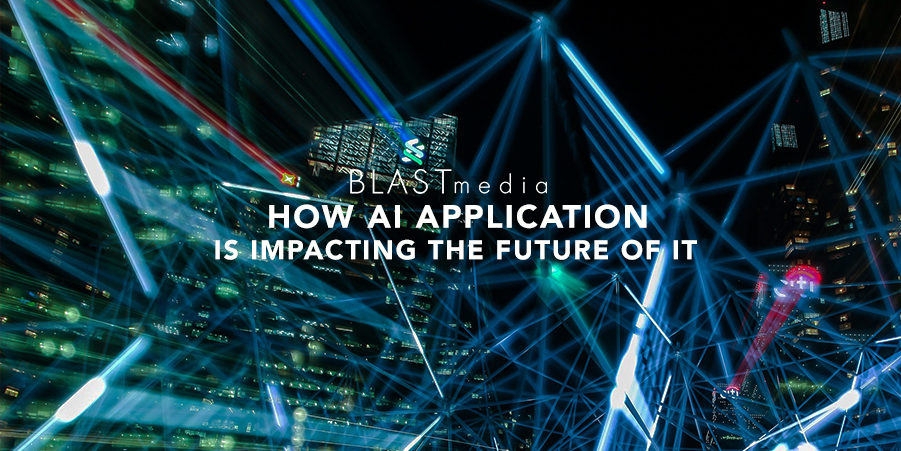According to a 2020 survey by Tata Consulting Services, in 12 out of the 13 major industry verticals, IT is the most frequent user of AI and more than 46% of IT organizations at large corporations have incorporated AI into their work portfolios.
Just like any type of technology, AI comes with its own risks. However, as AI continues to evolve and expand, circumstances like the pandemic have made the benefits clear in the world of IT.
How are the applications of AI currently poised to impact the future of IT? Thought leaders from Moogsoft and InterVision provide insights on how AI applications are already allowing IT teams to increase effectiveness and add business value:
AI in a Self-Healing IT Infrastructure
Imagine you’re running late and sprinting through a busy airport to catch a plane. Your heart rate has dramatically increased and when you get settled on the plane, it won’t go back to its normal rate. This soon could turn into a fatal problem. In this instance, the body should be trained to heal on its own and get back to its normal rate. In this way, the body is similar to a self-healing IT infrastructure, which allows IT teams to quickly get back on track by fixing issues before they become a million-dollar problem.
When a system shuts down due to software malfunction for an extended amount of time, that company loses an average of $301,000-$400,000 per hour. IT and DevOps practitioners, now more than ever, must do whatever they can to keep systems up and running and stay under budget. The pressure is on, but if they don’t have access to the proper tools and technology, this makes their job extremely difficult. Through automating the incident management process, a self-healing IT infrastructure allows IT professionals to boost their productivity and focus on building new products and developments which in return will increase revenue.
“The idea of a self-healing IT infrastructure doesn’t have to be a distant vision,” explained Adam Frank, VP of Product and Design at Moogsoft in a recent piece for DevOps.com. “In fact, the democratization of cloud computing and advanced data science has put the required observability technology within reach of teams of any size with any budget.”
In the article, Frank goes on to explain the biggest advantage of using AI in IT: it allows developers to operate less and innovate more. IT teams, just like the rest of us, have faced many challenges this past year. The more that can be taken off their plate, the more effectively they can do their job. A self-healing infrastructure is a prime example of AI opening endless doors for the IT industry.
AI in Data Cloud Management
Another way AI is positioned to make IT teams more effective is the use of this technology in data cloud management.
“Data intelligence, or the use of data to glean useful information, allows a business to both increase revenue and their position in the market,” explained Jeff Ton, Strategic IT Advisor at InterVision, in a bylined article for InformationWeek. “But the continual multiplication of data and its sources are making an already substantial challenge even more laborious. [The] emphasis on data is where artificial intelligence (AI) can play an especially useful role.”
Ton goes on to explain how AI can accelerate business time to value. “By leveraging the cloud and AI for the storage, collection and analysis of data, a business can monetize information in a fast, effective manner. The cloud is perfectly positioned to assist organizations in AI because of its unique ability to provide businesses with flexibility, agility, scalability and speed that other models of infrastructure simply can’t achieve at the same level. If the core of a business isn’t managing a data center, then the cloud is all the more appealing, since it allows IT teams to focus on the value-driving projects that will truly make a difference for employees and customers. AI is one of many innovations to get there, and the cloud is the foundation upon which to enable AI to do its work.”
The use of artificial intelligence within the IT sector and other industries is only going to grow with the global value of the AI market expected to surpass $89 billion annually by 2025. Want to join the conversation around the future of artificial intelligence? Contact Lindsey Groepper at BLASTmedia to find out how our team can help!



